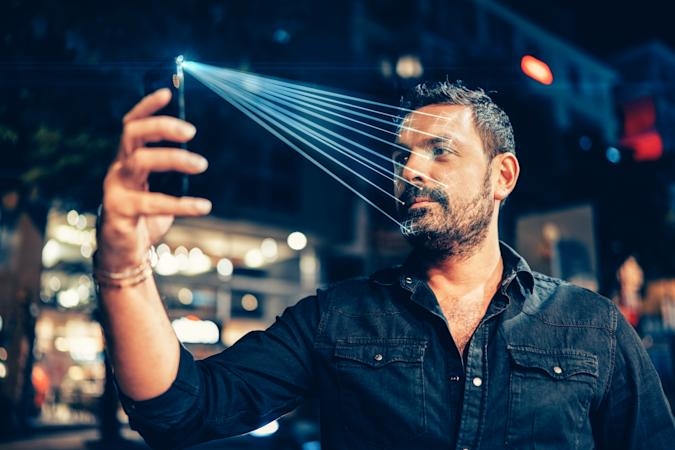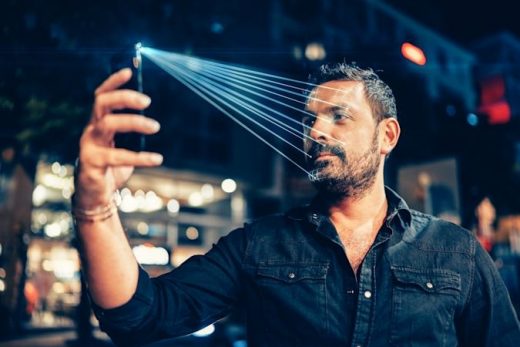Facial recognition systems are denying unemployment benefits across the US
Facial recognition systems are denying unemployment benefits across the US (updated)
The tech might not be reliable enough, even if privacy isn’t an issue.


A recent string of problems suggests facial recognition’s reliability issues are hurting people in a moment of need. Motherboard reports that there are ongoing complaints about the ID.me facial recognition system at least 21 states use to verify people seeking unemployment benefits. People have gone weeks or months without benefits when the Face Match system doesn’t verify their identities, and have sometimes had no luck getting help through a video chat system meant to solve these problems.
ID.me chief Blake Hall blamed the problems on users rather than the technology. Face Match algorithms have “99.9% efficacy,” he said, and there was “no relationship” between skin tone and recognition failures. Hall instead suggested that people weren’t sharing selfies properly or otherwise weren’t following instructions.
Motherboard noted that at least some people have three attempts to pass the facial recognition check, though. The outlet also pointed out that the company’s claims of national unemployment fraud costs have ballooned rapidly in just the past few months, from a reported $100 billion to $400 billion. While Hall attributed that to expanding “data points,” he didn’t say just how his firm calculated the damage. It’s not clear just what the real fraud threat is, in other words.
Whatever is happening with ID.me’s technology, the incidents highlight one of the reasons federal and state governments hope to limit facial recognition. Even if privacy and security aren’t issues, they don’t appear to be reliable enough to avoid significant issues. That 99.9 percent success rate could still leave many people without benefits they’re eligible to claim. Systems like this may need to be considerably more trustworthy to eliminate these headaches in the future.
Update 6/20 5PM ET: ID.me unsurprisingly took issue with the Motherboard piece in a response provided to Engadget. Hall called the fraud claims “inaccurate and defamatory,” and stressed that the company suck to National Institute of Standards and Technology standards for identification. He reiterated the claims made about the nature of the facial recognition system and the video chat backup, and claimed that up to 2.5 percent of attempts were frauds that included masks, photos and videos.
(28)


